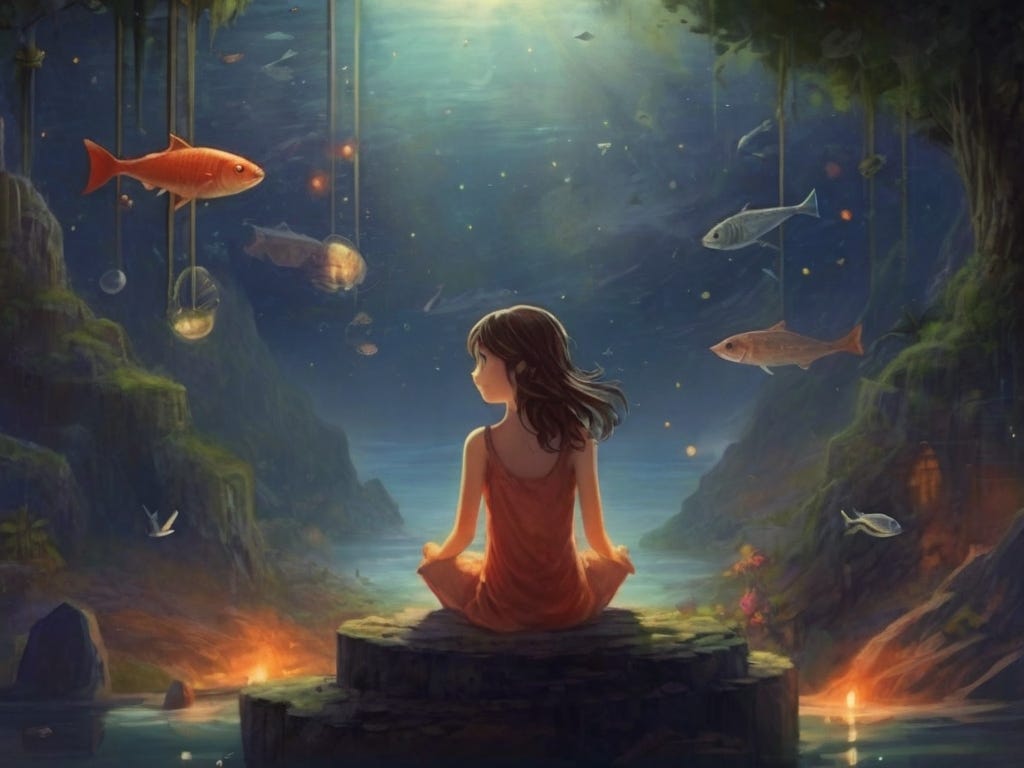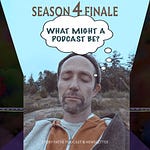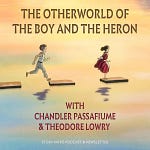Let’s open with a story.
Tiger Farming Termites
Neat rows of wood are crisscrossed to draw in delectable foragers, though truth be told, Tiger tastes termites in a pinch.
Waiting. Crouched. Poised. Bored as the boards he's laid out, until an unconscious ungulate wanders warily, to nibble green blades.
Tiger pounces, rolls, breaks the creature’s soft neck. Crushes termites.
The dying words of the aardvark are ‘Oh brethren bugs! Warn my kin.’
When the feast has passed, Tiger grumbles for weeks, hungry.
Are Stories Good or Bad?
If we ask the question of whether a given story is good or bad, this binary approach quickly falls apart.
For this exploration, let’s use the word ‘story’ in the broadest sense. This story could be an old myth that nourishes a people's relation with the land, or an old myth that pits people against others. It could be propaganda, put out by a political group or corporation to corral people into certain behaviors. A story could provoke racism, casting certain people in victor roles and others as villains. A story may cast us humans as masters of the Earth, with dominion over all others, or rather as newcomers to this wondrous place, and the most dependent of all the other beings who preceded us.
Is there anything as powerful as a story? The stories that we take in determine our behavior, over our lifetimes and over generations.
A story can be about everyday people from our own time and place, and the happenings in their lives may divert us from the difficulties in our own. The tale in a television series might capture the minds of millions, season after season, so much so that viewers know more about these fictional folks than they do about the historical figures upon whom they're based. For the minds and motivations of the historical figures are opaque, but those of the characters are transparent, allowing us, the viewers, to enter in, get a sense of who they are, and why they act as they do.
Living Stories
Is a given story good or bad? Instead of a binary rubric—rooted in computing and notions of piety and sin, good and bad karma, or a scale of justice—I instead propose an animistic understanding.
I'm sitting now by a pond where I often write these articles. I see old man's beard moss hanging on willow trees, and sword ferns with spores dotting their undersides. I feel the sun shining on my forehead, hands and chest. A mosquito lands on the moss, a raven steals eggs from another bird's nest. As the season goes on, this sun’s cool light will increase in heat until I must retreat indoors in the full of the day.
Are these things good or bad? The mosquitoes bad for me, but good for the birds who eat ki. The willow is beautiful to me, but is out-competing reeds and ferns around ki. The sun nourishes our entire planet, and yet can bring death-dealing heat.
So let us drop this consideration of good or bad, and even a spectrum between them. Let’s instead consider the willow, the raven, the sun, the mosquito, as beings with their own natures and wills, and their own intricate relationships with each other.
Now, let’s bring this allegory of an ecosystem to stories: their identities, their natures, and their relationships with other stories.
As there are predatory creatures, there are predatory stories: propaganda that divides and conquers, setting kin against kin, fomenting nations into war. As a bear upturns a stone and digs up the larvae underneath, some stories cause people to enter the homes of others and take whatever they want. Those stories say, ‘They are lesser than you. You deserve this.’
The bear doesn’t need stories to do this, but somehow we humans do.
Migrating Stories
A stream of water will gradually wear a trough into the land. That trough, given enough water and time, will become a canyon. So too with some stories who begin in an unassuming way, then grow and grow until they’re wearing a canyon into minds and hearts of listeners.
Consider the story of Christianity: a rabbi and his followers preached revolutionary love at a time of colonization and war. After his death, that story gradually spread from land to land, and as it did, it adapted to people's hearts and minds, or you could say they tamed it for their own purposes. The story appeared one way in eastern lands, another in the West, North, South, and indeed in every individual who came into contact with that story, be they believers or not.
So too with the spread of Buddhism: from a man's teaching in northern India, it spread north into what's now called China, Tibet and Bhutan, south into India and Sri Lanka, east into Japan, and now in pockets throughout the world. In each place this story adapted to the landscape of minds, hearts and culture, just as moss will grow differently on an aldar or on an oak.
Story Spores
There are stories that support empires. Empires arose in Europe, China, Japan, South America, United States, Germany, Italy, Rome, and Vijay Nagar, and elsewhere. Each had standing armies, central power, and stories to live by, which told them that they had a right to rule others, a right to expand, to take, to tax. Yet the stories within them had many different flavors in different times and places. Perhaps the stories justifying empire are like spores on the wind, finding purchase in different cultures and changing according to their host.
Are spores good or bad?
The old animistic view considers stories as beings. As people. Just as we're negotiating situations throughout our lives—setting terms, considering what kind of connection we want with this person or that person—so too let us consider our relationship with stories. Just as our relationship with human people is not fixed but shifting, so too is our relationship with stories.
Story Prompts
Reflect on a story that migrated into your life from a different culture or background. How did it adapt to your inner landscape?
Think about a story that supported or challenged an empire-like structure in your life (e.g. a restrictive relationship or community). How did this story challenge the old guard? Where did that story find strength?
Explore a narrative that your business or industry promotes. How does this story interact with the broader cultural landscape?
Reflect on how the marketing of a similar product varies between audiences. For example, how do you see different kinds of vehicles being marketed, or brands of ice cream? Which stories take root in which soil?
Until the next,
happy creating,
Theo












Share this post